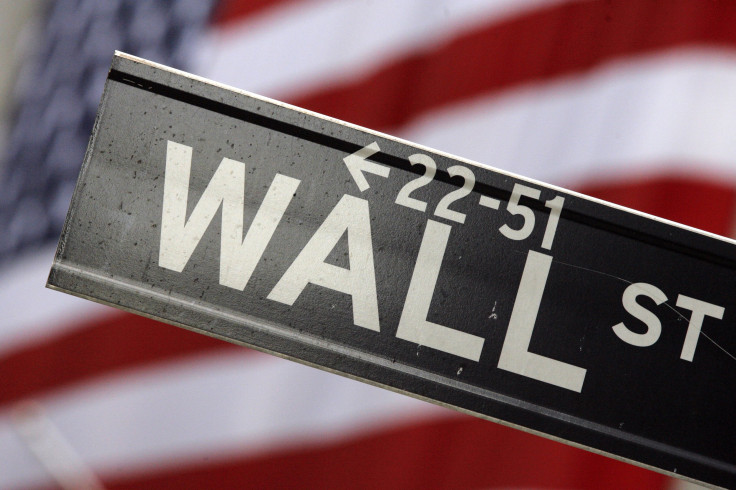Mohammed Islam, High School 'Genius,' Confesses To Fabricating $72M Stock Market Story

A New York magazine story published Sunday on Mohammed Islam -- a high-school senior who allegedly made $72 million by investing in the stock market -- is “not true,” according to media reports published Tuesday. Islam, the alleged teenage prodigy, told the New York Observer that he had no idea where the $72 million cited by the magazine figure came from, and that he had never made any real returns on any investment.
“All I can say is for the simulated trades, I was very successful,” Islam told the Observer, adding that he had led Jessica Pressler -- the reporter who wrote the original New York magazine story -- to believe that he had made “even more than $72 million on the simulated trades.”
In the New York magazine article, Pressler wrote that 17-year-old Islam, a senior at Manhattan's prestigious Stuyvesant High School, was rumored to have made $72 million in stock-market trading. “An unbelievable amount of money for anyone, not least a high-school student, but as far as rumors go, this one seemed legit,” Pressler wrote.
However, soon after its publication, many started questioning the veracity of Islam’s claims, prompting him to recant his earlier statements.
“The attention is not what we expected -- we never wanted the hype. This was about friends trying to make something exciting together,” Islam reportedly said. “I am incredibly sorry for any misjudgment and any hurt I caused."
New York magazine, however, defended its reporting, stating that the $72 million figure in the story was portrayed only as a rumor.
“The initial headline has been changed to more clearly reflect the fact that we did not know the exact figure he has made in trades. However, Mohammed provided bank statements that showed he is worth eight figures, and he confirmed on the record that he’s worth eight figures," the magazine said, in a statement posted on its website below the original story.
“If he lied, then he lied,” Pressler told CNN. “But I just want to be clear that we didn't 100 percent follow this lie. That's just not what happened.”
© Copyright IBTimes 2025. All rights reserved.






















